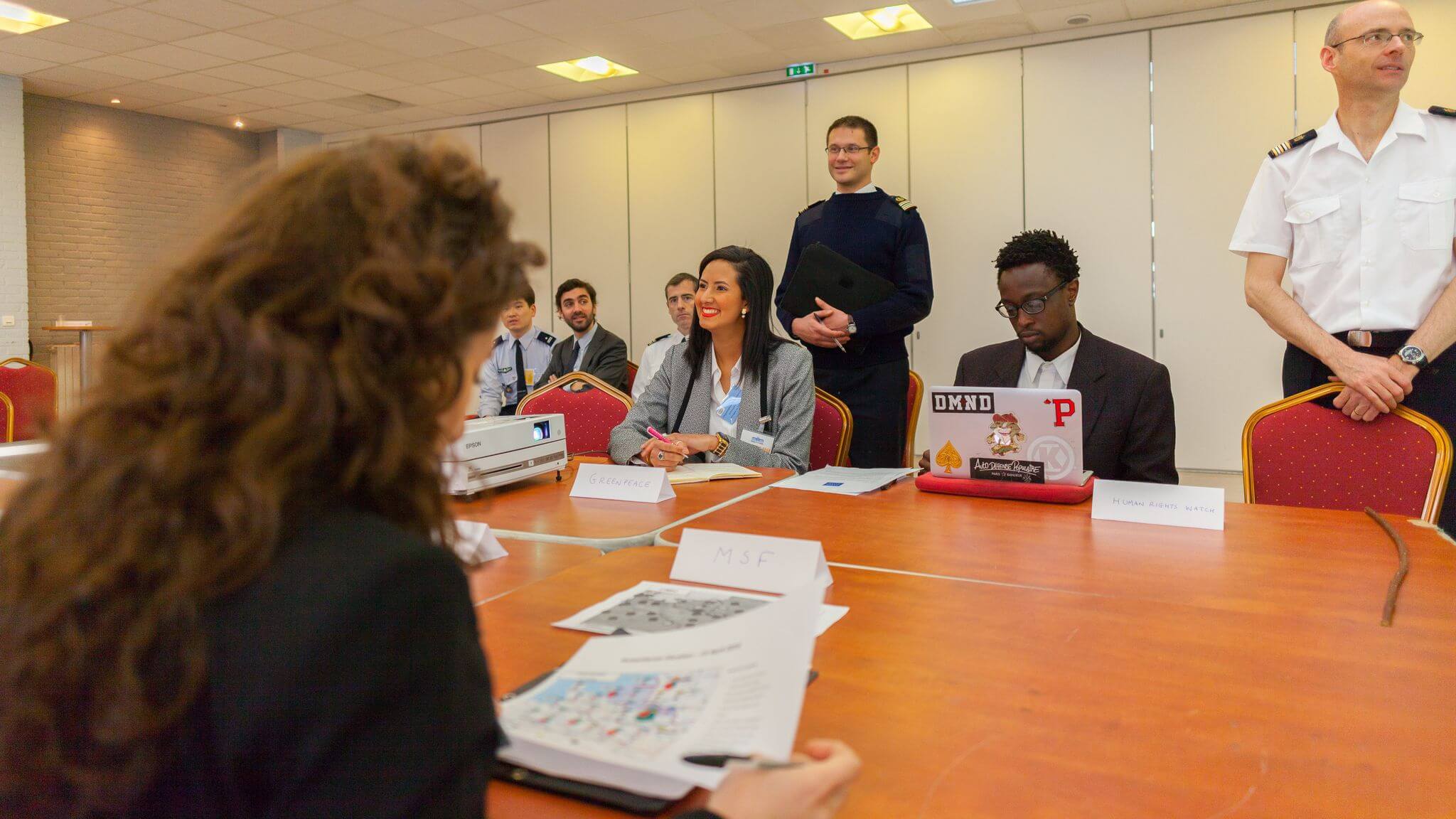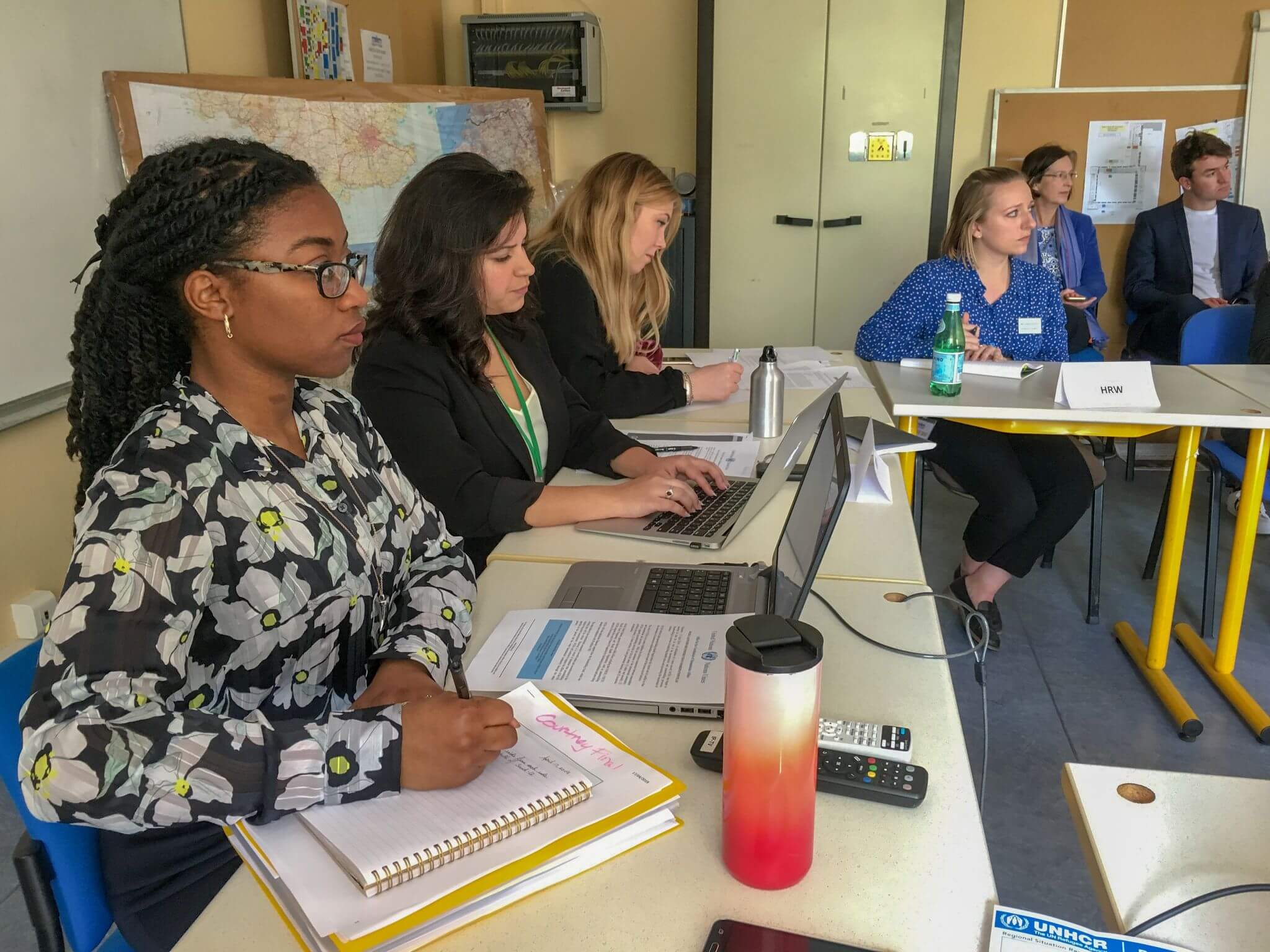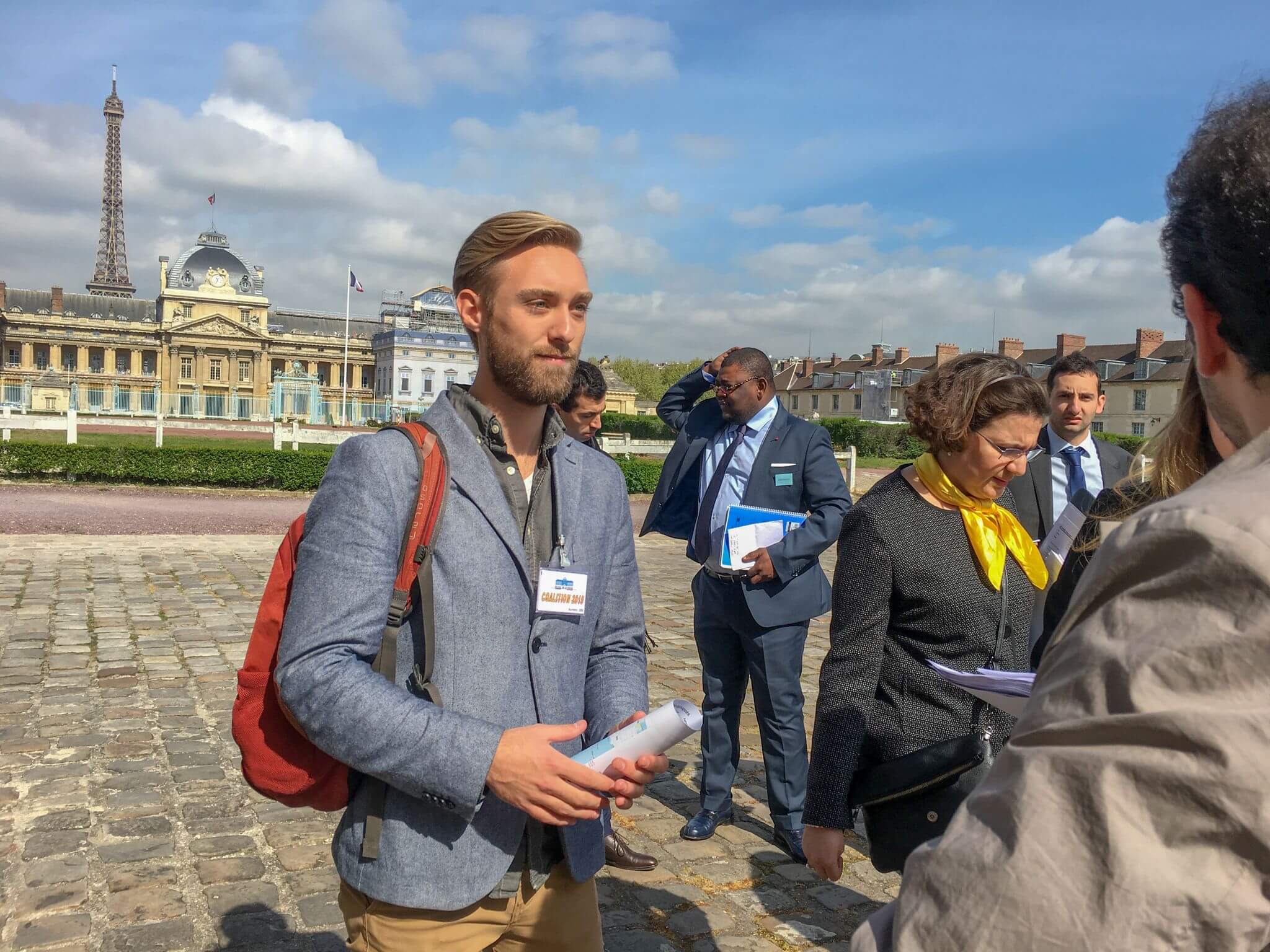Few institutions merge liberal arts learning and future-focused technical skills like The American University of Paris (AUP). It’s no easy feat, but with 60 years of experience in higher education, AUP is up to the challenge. The university has a track record of success in preparing its global explorers to play key roles in protecting the rights of this generation and generations to come.
In recent years, technological advancements have revolutionised nearly every industry – and will only continue to do so. Sectors as varied as business, finance and public health are now comfortable with leveraging new discoveries in fields like artificial intelligence, Big Data and the Internet of Things. However, these technologies, and the massive amounts of data they collect, come with their own implications – which will invariably continue to evolve over time.
The General Data Protection Regulation (GDPR), the European Union’s recent data privacy and security law, has imposed obligations on organisations across the world, so long as they target or collect data related to people in the EU. The International Association of Privacy Professionals has estimated that as many as 75,000 data protection officers needed to be appointed globally in response to the GDPR.

The MSc in Human Rights and Data Science combines the fundamentals of data science with the philosophical considerations necessary to design ethical regulations on digital technologies. Source: The American University of Paris
What is good for business isn’t always good for individuals, and protecting the rights of users all over the world is becoming a top priority. AUP is committed to training a new generation of ethical data practitioners, hence the development of its latest programme: the MSc in Human Rights and Data Science. The programme is the result of a long-running interdisciplinary collaboration between Professor Susan Perry of the Department of History and Politics and Professor Claudia Roda of the Department of Computer Science, Math and Environmental Science.
Students will build themselves a rigorous foundation in data science combined with the legal and philosophical considerations necessary to ensure the ethical implementation of policies and protections. Professors Roda and Perry designed the curriculum to ensure students develop a firm interdisciplinary grounding, regardless of their undergraduate major or previous professional experience.
“Everyone starts from a different place, but we bring them to the same level,” explains Professor Roda. “Lawyers will learn the foundations of data science, while engineers will learn to develop systems with ethical perspectives in mind.”
Since its inception, AUP has grown from humble beginnings as a college of 200 students to an international centre for some of the world’s finest cross-cultural and interdisciplinary academic programmes. All of our master’s programmes are designed with a purpose in mind; liberal arts values develop graduates into responsible changemakers having an impact on communities, civil societies, and the world.
Over 1,200 students, representing a record 110 nationalities and 65 languages, are currently studying on our seventh-arrondissement campus, with the Eiffel Tower and the Seine both a stone’s throw away. They are crossing cultural, national, ethnic, religious and linguistic boundaries in the AUP classroom and beyond. In the “City of Light,” the pinnacle of culture, art, excitement, and opportunities, learning to spark positive change has never been this vibrant an experience.

Exploration continues in the final semester of the MSc in Human Rights and Data Science, where students conduct a credited internship at a nearby company. Source: The American University of Paris
“The new MSc exemplifies AUP’s commitment to providing graduate programmes that engage with the vital global issues of our times,” says AUP’s Provost, William Fisher.
The university’s compact size makes it easy for learners to forge enduring, cross-disciplinary connections both inside and outside the classroom. The 42-credit programme include core courses such as: Advanced International Human Rights Law; Data Science I: Methods and Context; Data Science II: Theory and Practice; Human Rights and Digital Technologies; and the Data Science Industry Practicum (six credits). Students are also prepared to sit the online IAPP certification course for privacy professionals (two credits).
With the IAPP certification, graduates will be able to highlight to employers that they are qualified to act as data protection officers. During the Data Science Industry Practicum, practitioners from various fields host hands-on workshops that make learning the relevant applications of human rights theory to digital technologies all the more engaging. The Ecole de Guerre Practicum enables students to participate in AUP’s long-running conflict resolution simulation, conducted in cooperation with the French War College.
Exploration continues in the final semester, where students undertake a credited internship at a nearby company. Paris is filled with international organisations that love AUP students, such as the OECD and Human Rights Watch. Those wishing to focus on the legal side of the programme can also opt to enhance their skill sets at the Oxford University International Human Rights Law Summer School – a month-long opportunity to study human rights law under some of the field’s most renowned experts.
“The idea is that you want to see real-world applications of a human rights framework,” explains Professor Perry. “You’ll also be exposed to different perspectives to the ones we study in class.”
If you’re ready to future-proof your career, discover the ways our world will change, and ensure future technological shifts benefit humanity, then click here to become an MSc in Human Rights and Data Science student at AUP.
Follow The American University of Paris on Facebook, Instagram, Twitter, and YouTube












